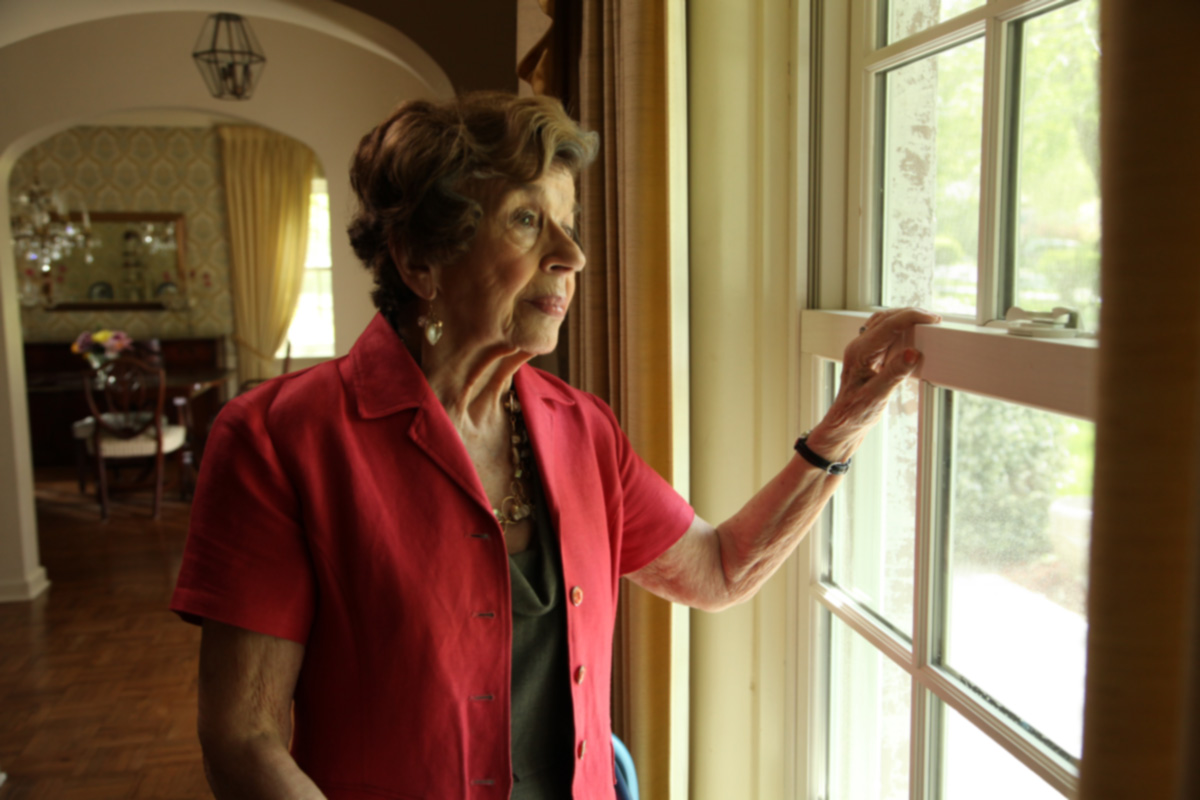
Dementia is a general term that describes symptoms related to memory loss and changes in thinking abilities, that are severe enough to impact a person’s ability to perform everyday tasks. The most common form of dementia is Alzheimer’s disease.
Experts agree that Alzheimer’s disease or other dementias likely develop as a result of multiple factors, such as advanced age, family history, cardiovascular disease, a history of head trauma and other lifestyle factors.
Early Signs of Dementia
Contrary to popular belief, memory loss is not a natural part of aging. Occasionally forgetting a name or misplacing the car keys is normal. But significant memory problems that disrupt daily life, such as getting lost on the way home from a familiar grocery store or developing an inability to keep track of bills, may be early symptoms of dementia.
According to Dr. Jane Potter from the University of Nebraska Medical Center, some early signs of dementia may include:
- Difficulty remembering names and recent events
- Apathy
- Depression
- Dementia Symptoms
The Alzheimer’s Association has identified the following 10 signs of Alzheimer’s disease.
- Memory loss that disrupts daily life.
- Challenges in planning or solving problems.
- Difficulty completing familiar tasks.
- Confusion with time or place.
- Trouble understanding visual images and spatial relationships.
- New problems with words in speaking or writing.
- Misplacing things and losing the ability to retrace steps.
- Decreased or poor judgment.
- Withdrawal from work or social activities.
- Changes in mood and personality.
Be sure to discuss any concerns you may have about these signs with a physician.
Dementia Stages
While dementia affects each individual differently, everyone tends to follow a general pattern of decline defined by stages. Understanding the different stages can help you know what to expect as the disease progresses. It can also help you plan accordingly for the additional care that your loved one will likely need along the way.
Dementia experts typically group dementia into three main stages:
- Early stage dementia
- Middle stage dementia
- End stage dementia
Lewy Body Dementia
This type of dementia occurs when deposits of a protein called “Lewy Bodies” build up in the brain and disrupt the brain’s normal functioning. The protein deposits were named after the scientist who first discovered their connection to dementia.
Someone living with Lewy Body dementia may exhibit symptoms similar to those of Alzheimer’s, including memory problems, poor judgment and confusion. Additionally, Lewy Body dementia-related symptoms may include excessive daytime drowsiness, hallucinations, tremors and a lack of facial expression.
Person-Centered Dementia Care
Home Instead Care Professionals are trained using a one-of-a-kind protocol for Alzheimer’s and other dementias. Our person-centered approach honors your loved one and preserves their dignity.



